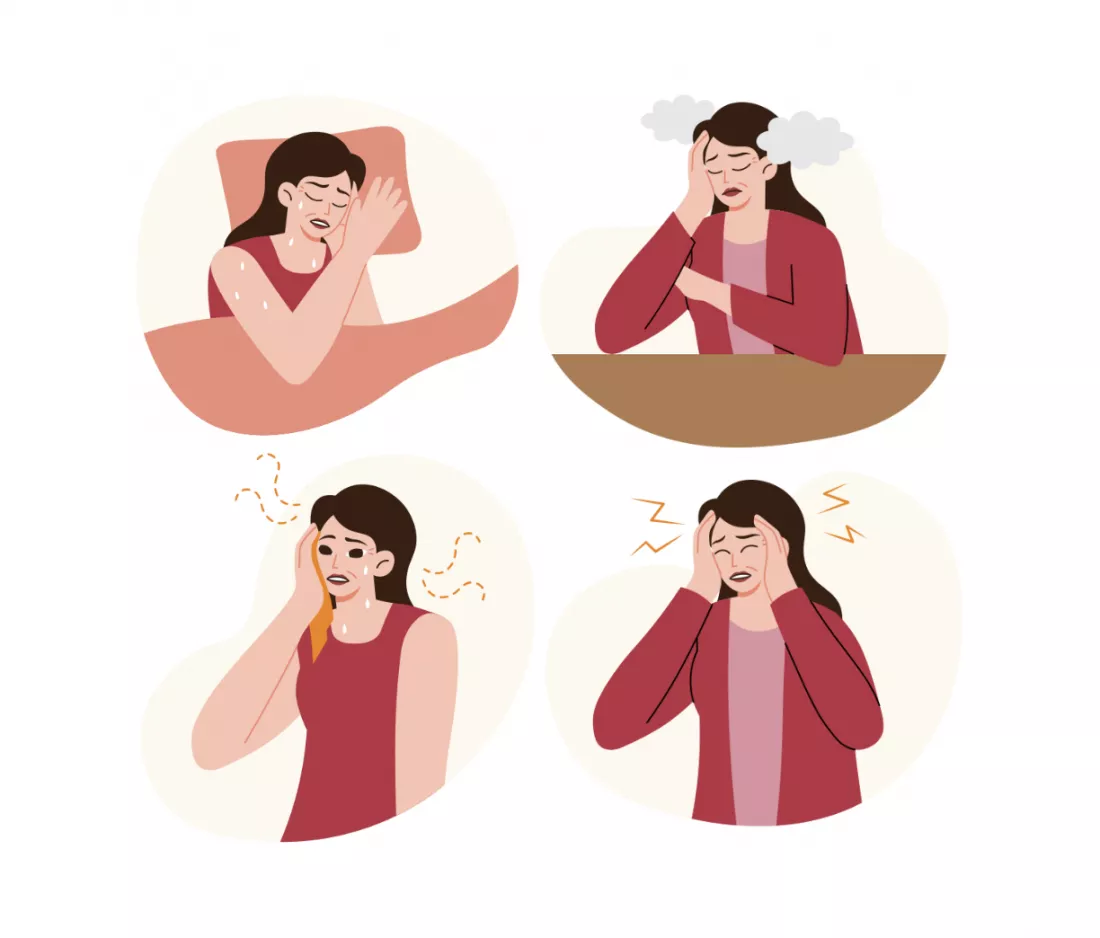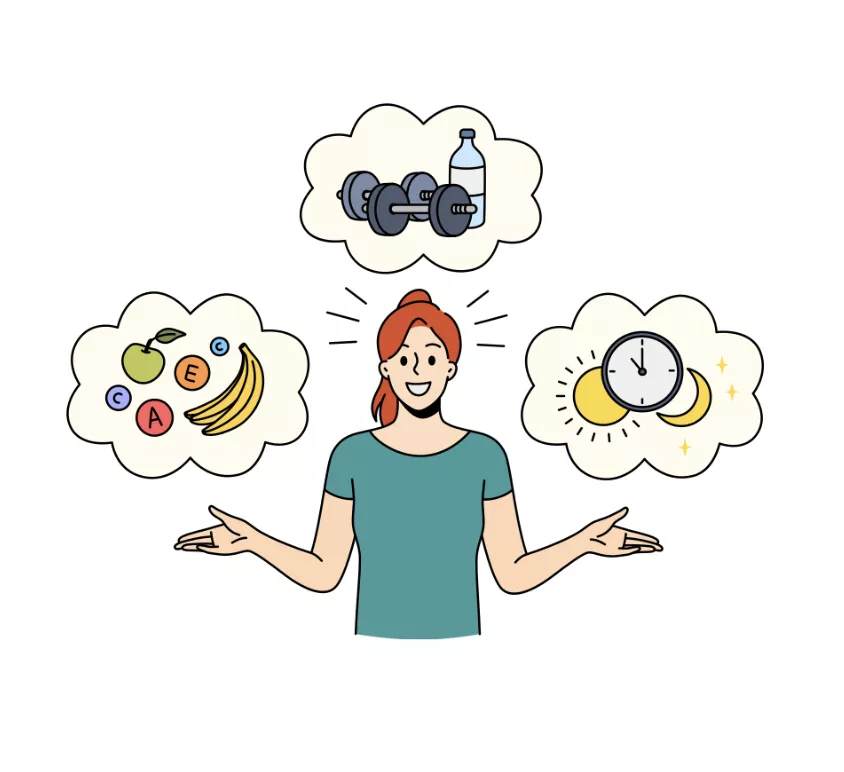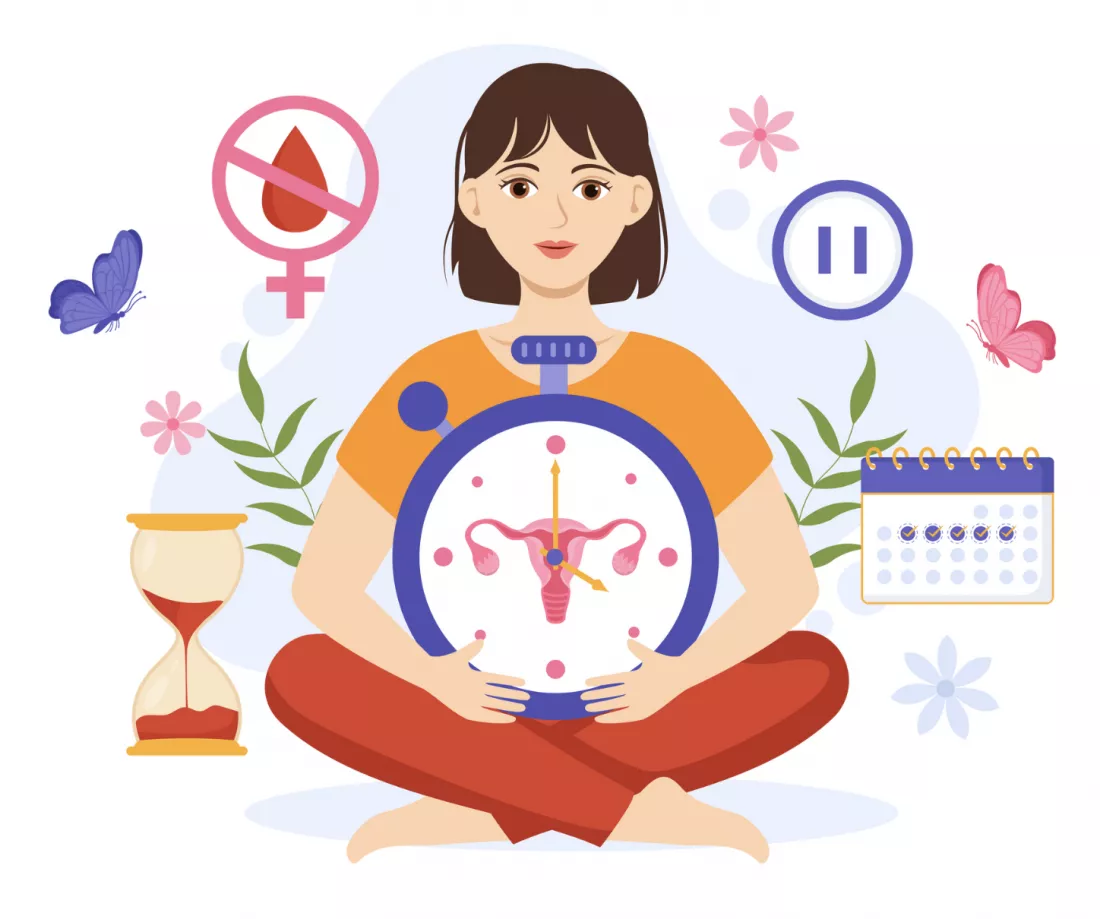Table of Contents
- What is Menopause? Symptoms and Age of Onset
- Why Menopause Management Matters for Health and Quality of Life ?
- Lifestyle Tips to Relieve Menopause Symptoms Naturally
- Menopause Treatment Options: Hormone Therapy and Alternatives
- Lifestyle Strategies for Healthy Midlife
- Holistic Menopause Care: Natural and Integrative Approaches
- Menopause as a New Beginning
- FAQs About Menopause
- Conclusion & Call to Action
- References

Why Menopause Management Matters for Health and Quality of Life ?
| What is Menopause? Symptoms and Age of Onset |
Menopause usually occurs between the ages of 45 and 55. It is defined as the permanent end of menstrual cycles caused by a natural decline in estrogen and progesterone. Each woman’s journey is unique, but common symptoms may include:
|

Why Menopause Management Matters for Health and Quality of Life ?
|
| Although menopause is a natural process, unmanaged symptoms can interfere with daily routines, relationships, and overall quality of life. Beyond symptom relief, menopause care also focuses on long-term health, including bone strength, heart health, and cognitive function. |
Lifestyle Tips to Relieve Menopause Symptoms Naturally |
|
Access to healthcare guided by scientific evidence ensures that women receive safe and effective treatment. Specialists in women’s health use the latest research and clinical guidelines to design individualized care plans that meet each woman’s specific needs. |
Menopause Treatment Options: Hormone Therapy and Alternatives
|
| One of the most effective treatments for menopause symptoms is hormone therapy (HT). Depending on medical history and health goals, treatment options may include:
|
Lifestyle Strategies for Healthy Midlife
|
Lifestyle choices play a major role in supporting health during menopause:
|

Holistic Menopause Care: Natural and Integrative Approaches
|
In addition to conventional medical care, many women find benefit in complementary approaches, such as:
|
Menopause as a New Beginning
|
| Menopause should not be seen as an ending, but rather a new stage of growth and self-discovery. With the right support, this transition can bring renewed energy, confidence, and empowerment. |

FAQs About Menopause
|
| 1. What are some effective natural remedies for hot flashes? Cooling techniques, layered clothing, avoiding spicy foods, and including phytoestrogen-rich foods (like soy, flaxseeds, and chickpeas) can help reduce hot flashes. Relaxation practices such as deep breathing or yoga may also provide relief. 2. How can I improve my sleep during menopause? Establishing a consistent bedtime routine, keeping the bedroom cool, limiting caffeine and alcohol, and practicing mindfulness can improve sleep quality. Some women also benefit from light evening exercise or herbal teas. 3. Who should avoid hormone therapy for menopause? Hormone therapy may not be suitable for women with a history of breast cancer, blood clots, liver disease, or certain heart conditions. A menopause-trained healthcare provider can assess risks and suggest safe alternatives |
Conclusion & Call to Action |
| Menopause is a natural part of life, but it does not have to mean discomfort or uncertainty. With a combination of evidence-based treatments, lifestyle adjustments, and professional guidance, women can approach this stage with confidence and resilience. |
References |
|
